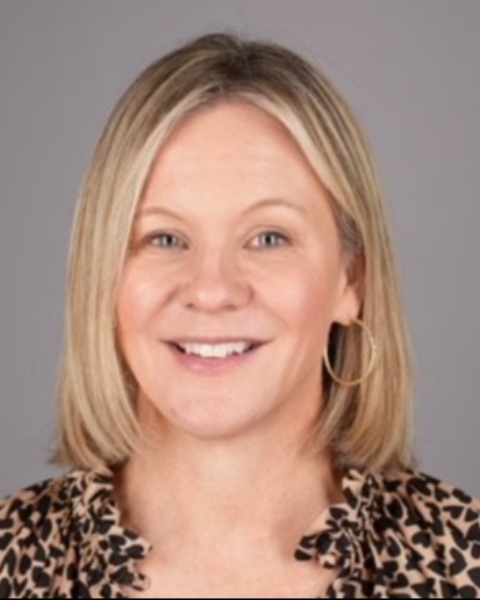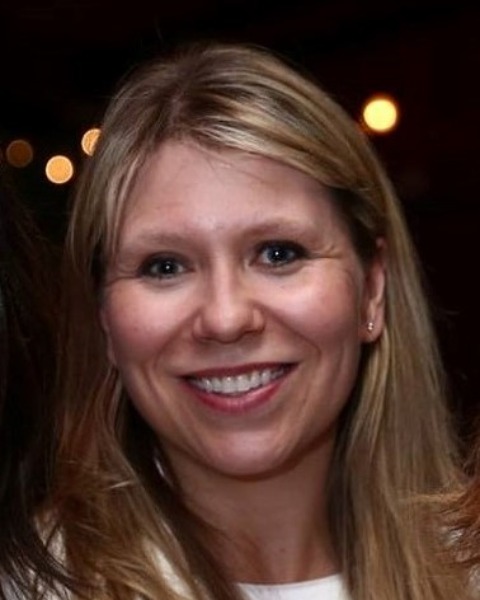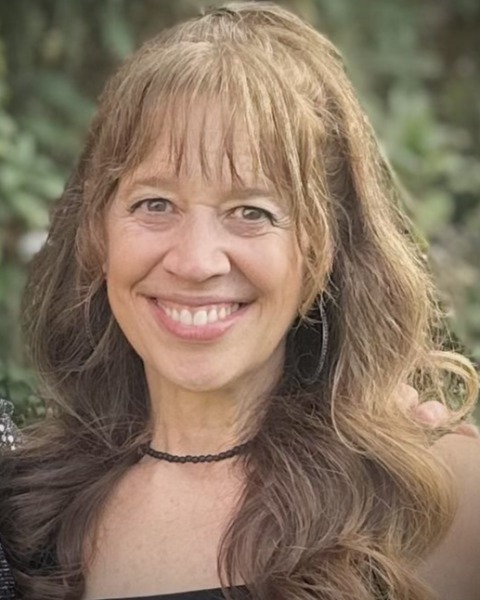Educational Design (including Adult Learning Principles)
Beginner
6 - Educational Preferences Among US Specialists: Examining Trends over Time

Wendy Cerenzia, MS
Birmingham, Alabama, United States

Desirae D. Janowiak, MA
Birmingham, Alabama, United States
- AR
Asa Renfroe
United States

Elizabeth Cerenzia, MA
Fort Mill, South Carolina, United States
Poster Presenter(s)
Presenter(s)
Objective: To assess the current educational design and format preferences of US specialists to understand how novel educational formats, including social media, podcasts and app-based education rank among traditional educational formats.
Methods: Between 2020 and 2022, CE Outcomes fielded a series of surveys to US practicing physician specialists to assess the shifting patterns and preferences related to educational format preferences which (at times) included restrictions on in-person engagements due to COVID-19.CE Outcomes will be fielding another survey to US-practicing physician specialists during August of 2024 that will mark 2 ½ years since our last outreach to assess the current state of educational preferences. Based on previous survey response rates, we anticipate >400 US specialists to respond to the survey instrument.
Results: During COVID restrictions virtual educational formats (including social media-based education, podcasts and app-based activities) were quickly adopted in place of in-person activities. Over the past 2 years, there has been a steady return of in-person learning activities, however, it remains to be seen if and how physician preferences have changed. The results of this research will provide insights to educational providers, accreditors and supporters regarding the current trends of US specialist engagement in education.
Conclusions: Amid COVID restrictions physicians had no choice but to pivot to remote educational activities, leading to a necessary evolution that broadened the range of formats available to physicians for engaging with medical education. Now, with the return of in-person learning, are remote formats being used less? Have recent innovations in design, including the incorporation of social media, podcasts, and app-based learning, provided specialists with more customized options that better suit their preferred learning modalities? This study will answer these questions and provide quantitative results that can be utilized by individuals or organizations involved in supporting, planning, or implementing education.
Learning Objectives:
- Identify the current preferred educational formats of US physician specialists.
- Differentiate physician preferences for novel educational formats vs. more traditional formats.
- Determine how current physician preferences should influence futured educational planning.
